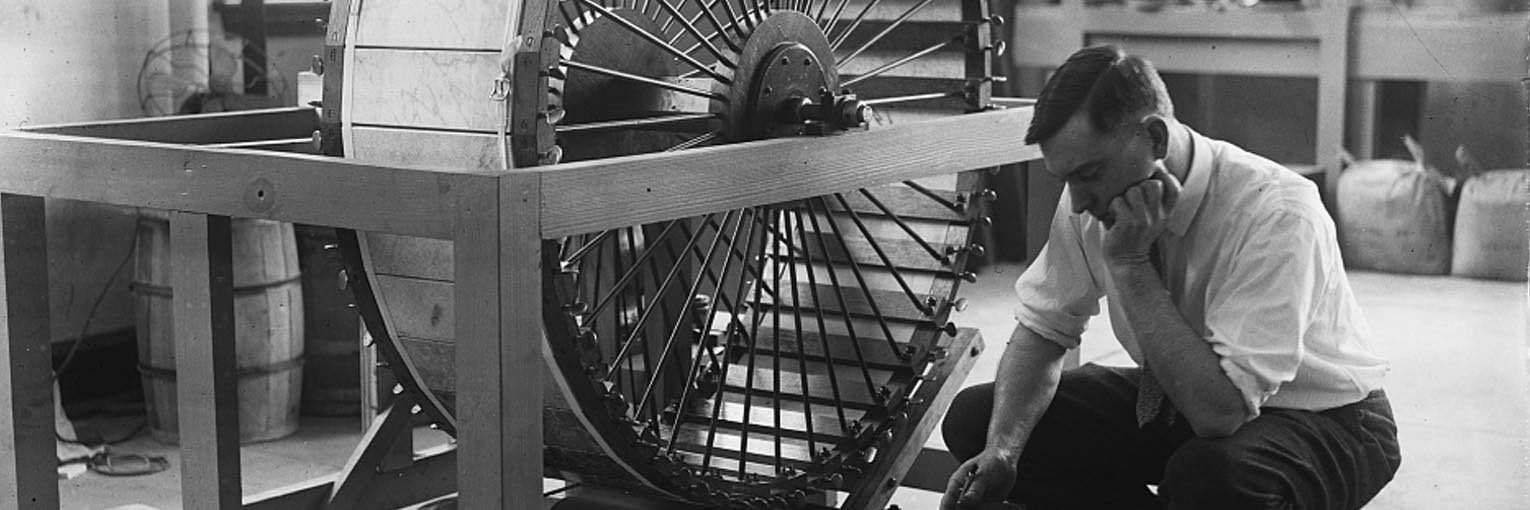How can adult educators balance the needs of the learners they serve and the goals of the institutions they work within, while building a working relationship with their students founded on respect which places an individual’s curiosity at the core of the learning process?
A
As I develop as an adult educator, understanding how theories interact with practice, I have come to appreciate the subtle nuances between the role of student and learner. Student, an individual whose role is bounded by formal educational environments in which study is the primary purpose, and learner guided by personal curiosity and self-directed development to form a more complete version of themselves (Biesta, 2010). Associating much closer with the role of learner in my personal education journey, I find that as I approach the teaching of others with the values of balance, respect and curiosity shaping my personal learning (see Appendix B for personal inventories) taking time to see individuals as learners first has been essential to establishing and acting upon my philosophy of adult education.
For those tasked with teaching young adults in secondary school settings the purpose of education is often driven by the prevailing pedagogy as it aims to achieve a set of predefined, system-wide goals. But, when it comes to adults, how are the goals and approaches to education different? In alignment with both humanistic and progressive philosophies of adult education (Elias & Merriam, 2005; Zinn, 1999), I believe the primary purpose of adult education is to support the personal growth and development of the individual while facilitating self-actualization to enhance their effectiveness in communities and broader society.
Developed from personal experiences where I feel the educational systems I was directed to learn within failed me, my perspectives regarding education are rooted in the belief that the individual should be at the core of any learning experience. Encouraging adults to think more critically about their actions and the associated circumstances created as a result, education provides a foundation upon which learners can begin to better understand society and how they contribute towards making it more just, relative to their personal worldview.
In believing the role of an educator is not to dictate or design the path for a learner to take, the approach I choose in my practice follows the path of servant-leadership (Greenleaf, 1991) in support of individuals navigating their own journeys. Although as an educator I cannot necessarily empower others (Gore, 1992), as I complete work across the strands of my practice I can strive to establish the conditions where adults feel they have it within them to take the greatest control over their lives and actions (Prins & Drayton, 2010). Taking cues from more radical approaches to adult education, believing strongly that individuals have the ability and responsibility to bring about changes to the complex systems—social, political, economic and civic— they exist within, I see myself as an equal with students in the process of learning (Elias & Merriam, 2005). As I listen and engage in dialogue with my students, by asking questions and posing problems to solicit critical thinking, I view myself as an ally rather than an expert in fostering the further development of their knowledge.
Given that individuals should always be the primary participants in their own learning, I believe they should take active ownership over their personal development and ultimately their distinct futures. Although not always agreeing with or taking it at face value, I ask that all learners be open to feedback, criticisms and the questioning of their work which is founded in critical inquiry. Consistent with my approach to community development, I believe that learning to develop as critical thinkers and as active citizens is most meaningful and resonates most deeply when it starts where the people are (Alinsky, 1971; Kretzmann & McKnight, 1993; Lindeman 1926/1982). Both communities and individuals can strengthen their understanding, development and process of extracting meaning from their own actions if educators meet them where they are already living, working, and learning to building upon their experiences while leveraging existing strengths.
Open to broader discussions which place their lives and learning within the context of the economic, social and political realities which surround them, I ask that learners respect the process of learning itself however it may unfold or as challenging as it may be. Having experienced firsthand the individually unique nature of a learning journey, I understand that it is only when time and attention areinvested and there is a desire for growth that an individual’s potential and path can be fully realized.
As an adult educator, community leader and champion of civic engagement I aim to contribute to the development of the individuals and organizations that have provided me with so much purpose, learning and a sense of community over my lifetime. The communities I am surrounded by have shaped me for the better and it is a noble sense of duty which guides me to help shape them in return. Working with students, learners and citizens I wish to enable them to take greater agency over their lives, gaining “the power to act on [their] own behalf to change a situation” (hooks, 1993, pp. 167) and absolute control over their lives and experiences.
